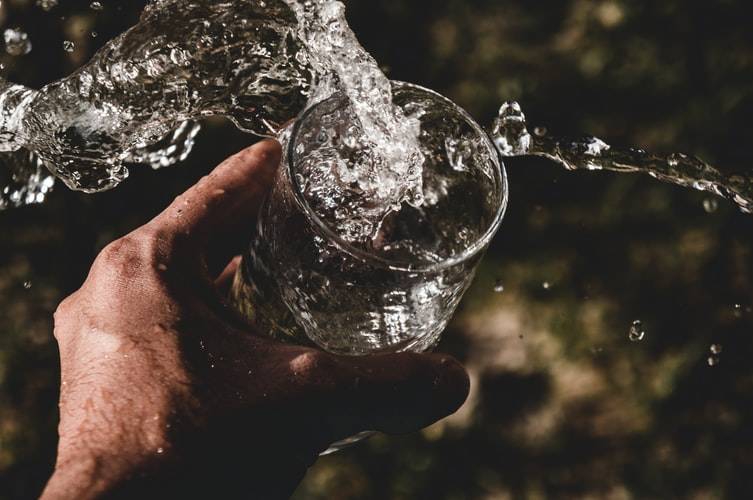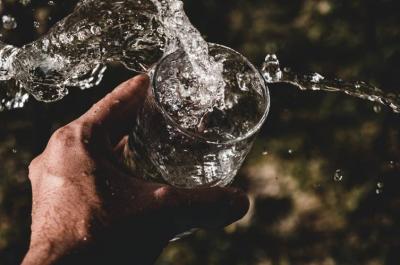According to experts, sodium concentration in the blood is indicative of the body's hydration level. The less water a person consumes, the higher the sodium concentration in the blood becomes. When a person does not drink enough water, the body retains the existing water, which activates processes that contribute to the development of heart failure.
A new study conducted by experts from the National Institutes of Health found that drinking eight glasses of water daily significantly helps prevent or slow the onset of heart failure.
During the study, led by Dr. Natalia Dmitrieva, the researchers monitored serum sodium concentrations in a group consisting of 15,792 middle-aged individuals over 25 years, considering other factors that could lead to heart failure, including age, cholesterol levels, blood glucose, blood pressure, body mass index, kidney function, gender, and smoking.
The results showed that individuals who consumed about 2 liters of water daily were less likely to develop heart failure compared to those who drank less water.
Scientists explain the impact of body hydration on preventing heart failure: maintaining hydration prevents elevated sodium concentration in middle age, which can help prevent or slow the changes that lead to heart failure, especially in the left ventricle, later in life.
The complete study results are set to be presented at the European Society of Cardiology Congress, which will take place from August 27 to 30. Many experts recommend consuming about two liters of water, equivalent to approximately eight glasses per day, to prevent various diseases, especially cardiovascular diseases, as reported by the Daily Mail.




